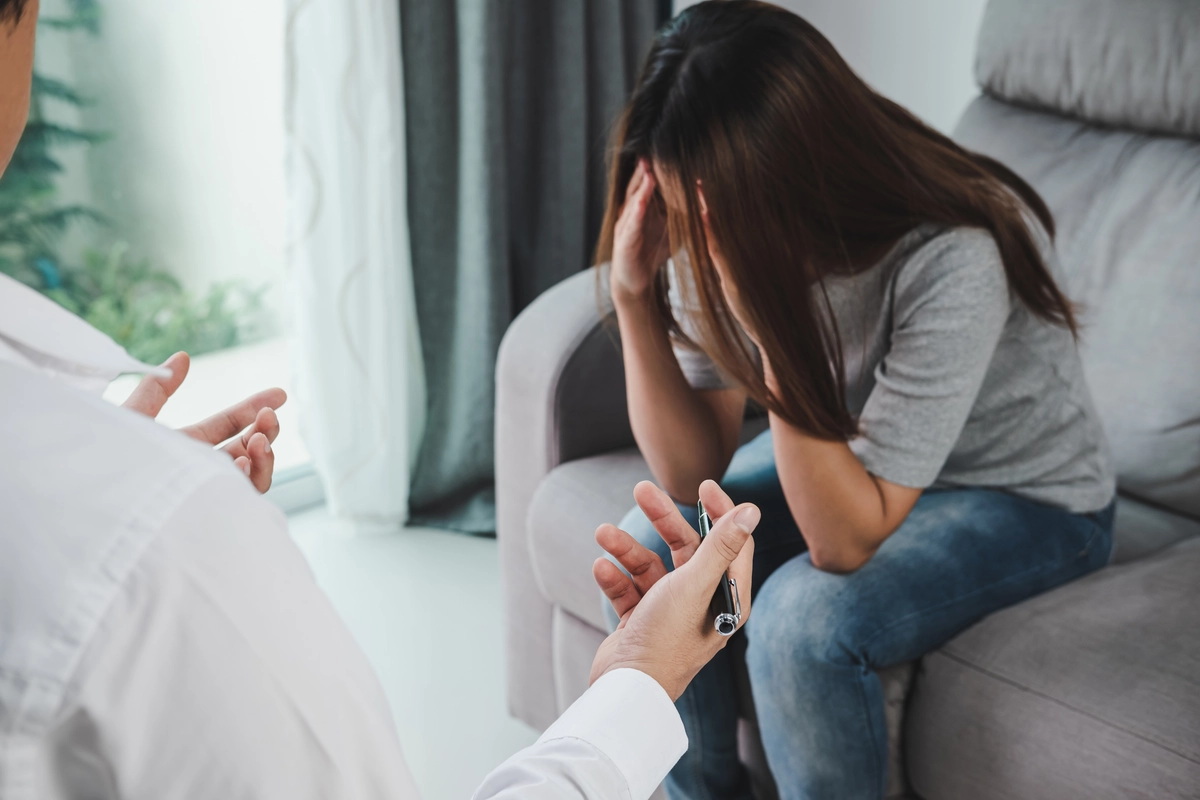24/7 Helpline:
(866) 899-221924/7 Helpline:
(866) 899-2219
Learn more about Bipolar Disorder Treatment centers in Coshocton County

Other Insurance Options

State Farm

CareFirst

Ambetter

Sutter

Group Health Incorporated

Health Choice

Ceridian

Humana

Self-pay options

Choice Care Network

BHS | Behavioral Health Systems

BlueShield

Meritain

Optum

Covered California
Beacon

Evernorth

Cigna

Magellan Health

UMR










































































Six County – Counseling
Six County – Counseling is a private rehab located in Coshocton, Ohio. Six County – Counseling speci...

Thompkins Child and Adolescent Services
Thompkins Child and Adolescent Services is a private rehab located in Coshocton, Ohio. Thompkins Chi...





























